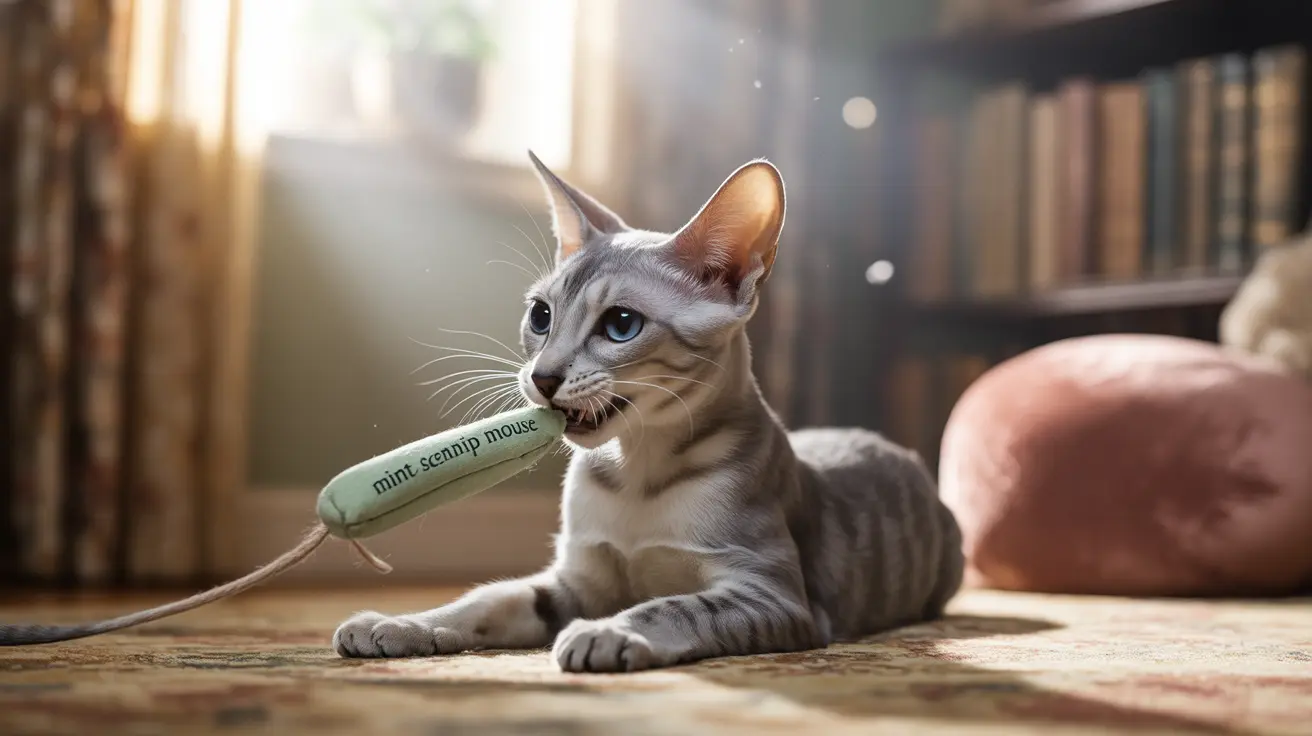If you've ever wondered "why is my cat chewing on everything," you're not alone. This common feline behavior can range from normal exploration to a sign of underlying health issues. Understanding why cats chew and how to address this behavior is crucial for keeping your pet safe and healthy.
In this comprehensive guide, we'll explore the various reasons behind excessive chewing in cats, identify potential health concerns, and provide practical solutions to manage this behavior effectively.
Understanding Normal vs. Problematic Chewing Behavior
Cats naturally explore their environment through chewing, especially during kittenhood. However, excessive or destructive chewing often signals deeper issues that require attention. Understanding the difference between normal exploratory behavior and problematic chewing is the first step in addressing your cat's needs.
Common Causes of Excessive Chewing
Dental Health Issues
Many cats chew excessively due to dental problems, including gingivitis, tooth decay, or oral infections. If your cat seems focused on chewing hard objects or shows signs of mouth pain, a dental check-up is essential.
Behavioral Factors
Stress, anxiety, and boredom are significant contributors to excessive chewing. Indoor cats, in particular, may develop this habit when they lack adequate mental and physical stimulation.
Medical Conditions
Sometimes, unusual chewing behaviors can indicate underlying health issues such as gastrointestinal problems, nutritional deficiencies, or even neurological conditions.
Preventing Destructive Chewing
Environmental Enrichment
Create an engaging environment for your cat with appropriate toys, scratching posts, and climbing structures. Regular playtime and interactive toys can help reduce boredom-related chewing.
Safe Alternatives
Provide cat-safe chew toys and dental treats specifically designed for felines. These can satisfy your cat's natural urge to chew while promoting dental health.
Cat-Proofing Your Home
Protect both your cat and your belongings by securing or removing potentially dangerous items like electrical cords, toxic plants, and small objects that could be swallowed.
When to Seek Veterinary Care
If your cat's chewing behavior suddenly increases or is accompanied by other symptoms like drooling, weight loss, or lethargy, consult your veterinarian immediately. Professional evaluation can help identify and treat any underlying medical conditions.
Frequently Asked Questions
Why is my cat chewing on everything—should I be worried about their health?
While some chewing is normal, excessive chewing can indicate dental problems, nutritional deficiencies, or behavioral issues. If the behavior is new or concerning, consult your veterinarian for a proper evaluation.
What are the most common reasons cats chew on non-food items like fabric or plastic?
Cats may chew non-food items due to pica (a condition causing them to eat non-food items), stress, boredom, or dental issues. Some cats also chew to seek attention or self-soothe.
How can I tell if my cat's chewing is due to boredom, stress, or a medical issue?
Observe when and how your cat chews. Stress-related chewing often occurs during changes in routine or environment. Medical issues usually involve additional symptoms like drooling or appetite changes. Boredom-related chewing typically increases when your cat lacks stimulation.
What are the best ways to stop my cat from chewing on dangerous objects like electrical cords?
Use cord covers or bitter-tasting deterrent sprays, provide appropriate chew toys, and ensure your cat has plenty of environmental enrichment. Keep dangerous items out of reach and supervise your cat when necessary.
Do some cat breeds have a genetic tendency to chew or eat unusual items?
Yes, certain breeds, particularly Oriental breeds like Siamese and Burmese cats, are more prone to excessive chewing and pica. This genetic predisposition may require special attention and management strategies.
Final Thoughts
Understanding why your cat is chewing excessively is crucial for their health and safety. By identifying the root cause and implementing appropriate solutions, you can help your feline friend develop healthier habits while protecting them from potential dangers associated with inappropriate chewing.






